”This is the life we chose, the life we lead.
And there is only one guarantee: none of us will see heaven“
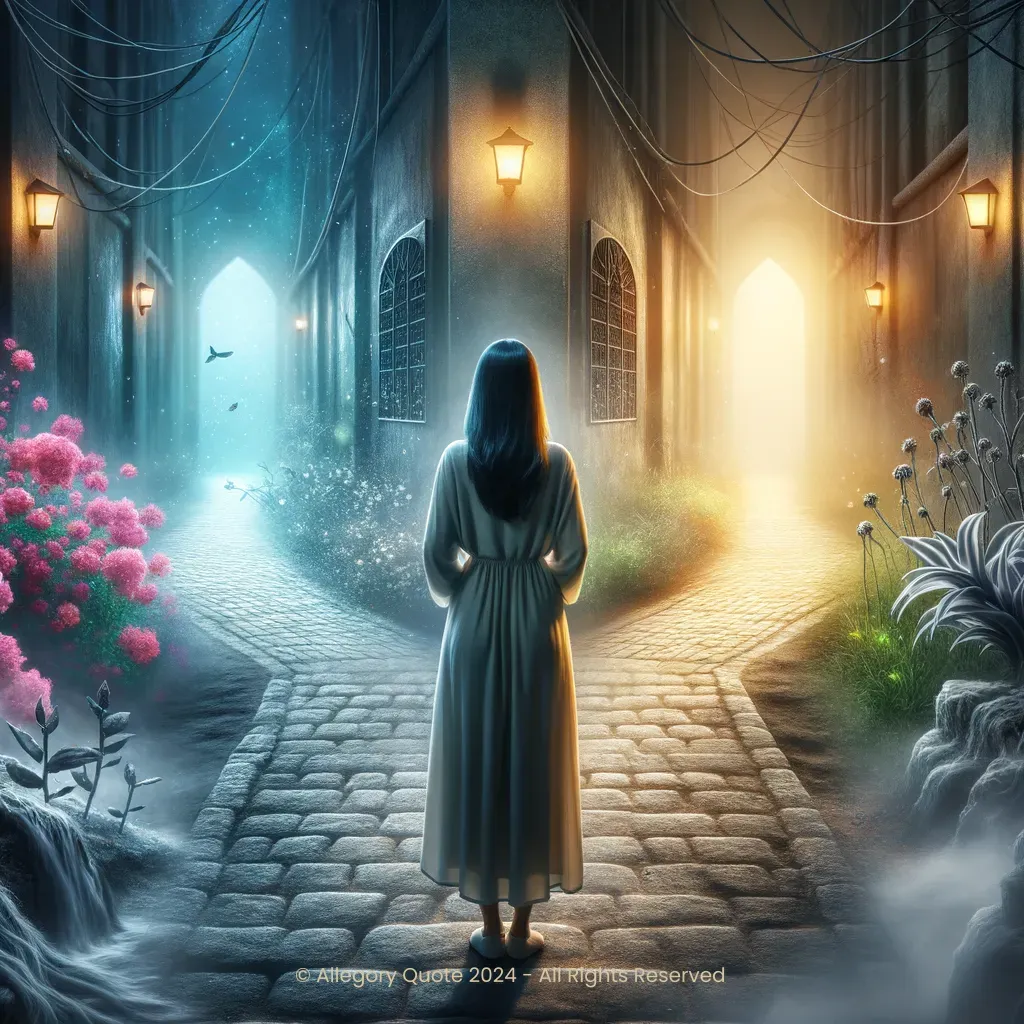
- Meaning
- This phrase highlights the idea of personal choice and the acceptance of life's inherent risks and consequences. It suggests that while individuals can define their path, it is also a reflection of a moral stance that embraces the dark realities of life. Philosophically, it can be interpreted to align with existentialism, which posits that individuals create their essence through their actions and choices, but there are ultimate limits to what can be achieved. Furthermore, it suggests a shared human experience wherein aspirations may be thwarted by the choices made.
- Allegory
- In the proposed allegorical image, the person at the fork symbolizes the choices we face in life, reflecting the phrase's essence. The bright path indicates the facade of hope and promise, while the dark path represents the reality of consequences that often accompany life choices. Dim lighting adds dramatic weight, conveying solemnity and thoughtfulness, inviting viewers to ponder their own paths and the unguaranteed outcomes of their decisions.
- Applicability
- The lesson from this phrase can be applied in personal life by encouraging individuals to take responsibility for their life choices. It serves as a reminder that while we have freedom, our decisions come with consequences that must be faced, fostering a sense of accountability and resilience amidst life’s uncertainties and challenges.
- Impact
- The phrase, particularly through its inclusion in 'Training Day', has had a considerable impact on how crime and morality are depicted in film. It underscores the theme of moral compromise and the often bleak realities faced by those in law enforcement, resonating with audiences and inspiring discussions about ethical dilemmas in a corrupt system. It is frequently quoted to reflect on the darker sides of human existence.
- Historical Context
- 'Training Day' was released in 2001, a time that saw a heightened interest in films exploring moral ambiguity, justice, and the complexities of policing in urban environments, contributing to the cultural conversation surrounding these issues.
- Criticisms
- This phrase has faced criticism regarding its fatalistic interpretation of life, suggesting that without hope of redemption, individuals can become nihilistic. Some argue that this perspective undermines the possibility of finding meaning or striving for a better life, through choices made in good faith.
- Variations
- Variations of this phrase might exist in different cultures, often reflecting the philosophical view of life’s determinism and the consequences of one’s path. For instance, in Eastern philosophies, such as Buddhism, the idea of karma presents a similar notion where every action has consequences that shape future existence.
-
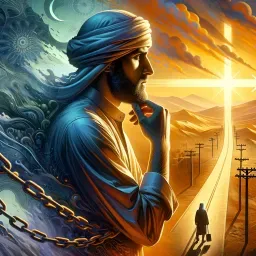
Just when I thought I was out, they pull me back in.
-

I refused to be a fool dancing on the strings held by all those big shots.
-
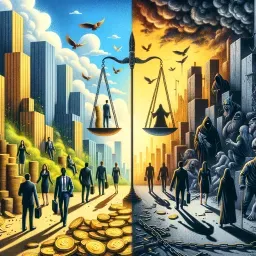
I don't like violence, Tom. I'm a businessman. Blood is a big expense.
-
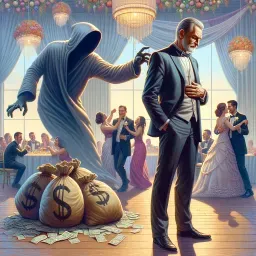
You come into my house on the day my daughter is to be married and you ask me to do murder, for money.
-
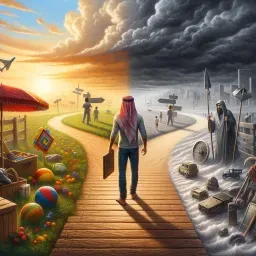
I spent my whole life trying not to be careless. Women and children can afford to be careless, but not men.
-
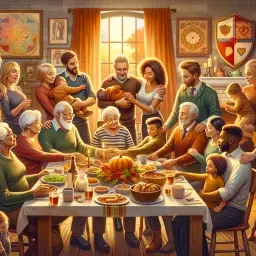
You are my older brother, and I love you. But don’t ever take sides with anyone against the family again. Ever.
-
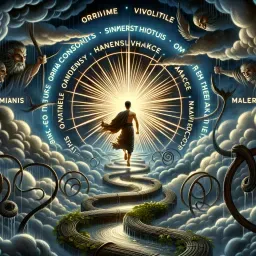
The path of the righteous man is beset on all sides by the inequities of the selfish and the tyranny of evil men.
-
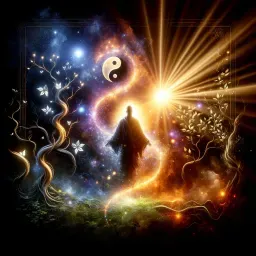
Only a Sith deals in absolutes.
-
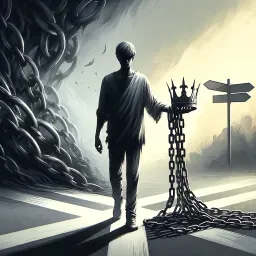
Power wears out those who do not have it.
-
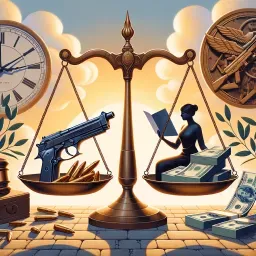
Finance is a gun. Politics is knowing when to pull the trigger.
-
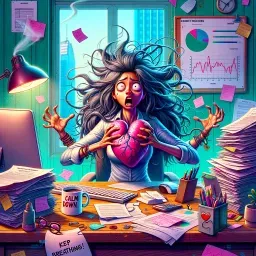
Now, if you’ll excuse me, I’m going to go home and have a heart attack.
-

You talk about vengeance. Is vengeance going to bring your son back to you?
No Comments